
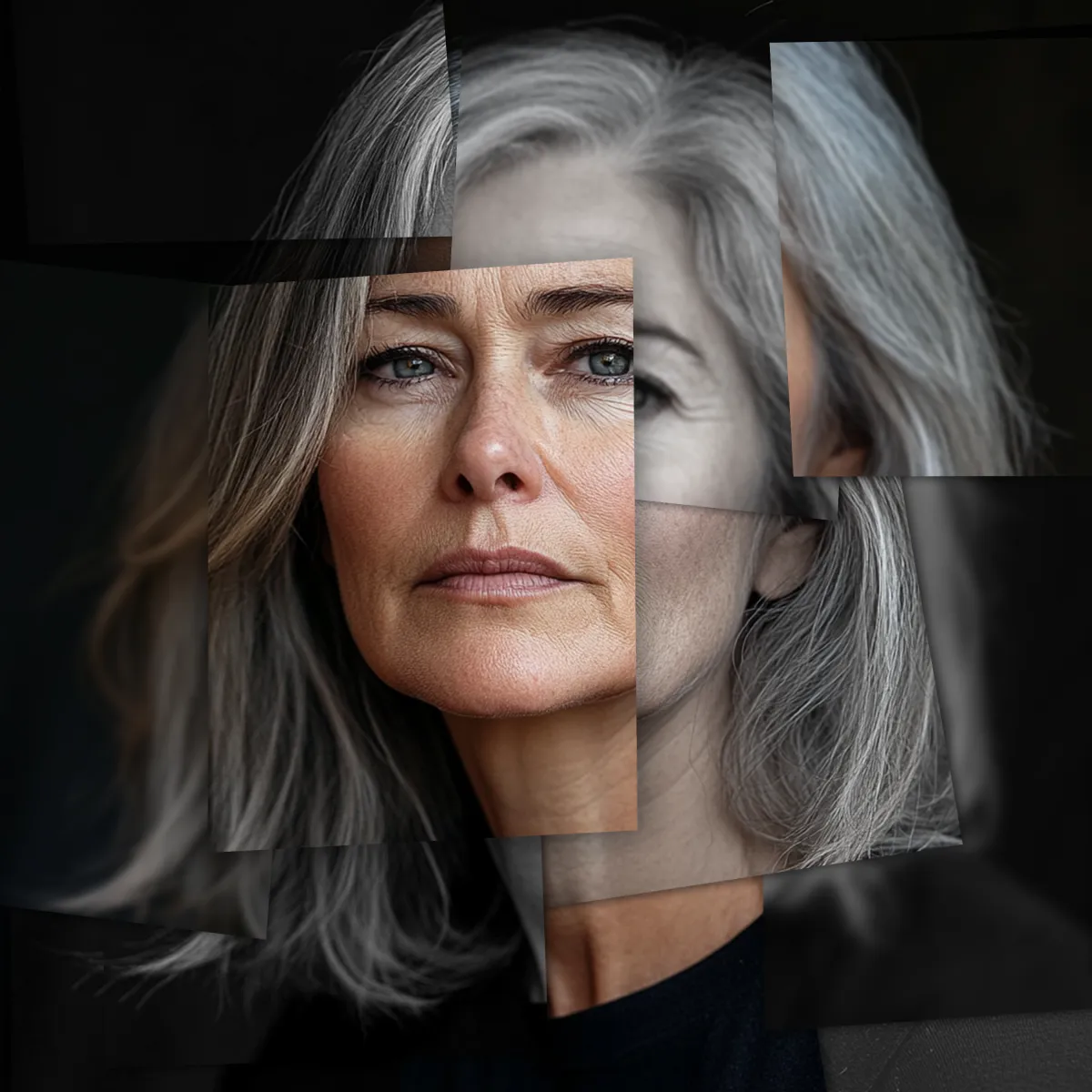
Transform cognitive loss into RECOVERY
A compassionate, 3 dimensional approach to cognitive loss RECOVERY
THE WAKE-UP CALL
83% of Americans worry about developing Alzheimer's, but only 16% know what to do about it. While 92% wait for a pill, proactive people are taking action NOW with lifestyle interventions that work.
Research shows 79% want to act BEFORE symptoms interfere with daily life.
That time is NOW.
Cognitive change threaten more than memory—it impacts your independence and sense of self. A Vision of U - Remember Me offers a comprehensive approach that addresses the emotional, physical, and sensory dimensions of cognitive loss, providing practical tools for immediate action when every day matters.
Source: 2025 Alzheimer's Association Facts & Figures

What we mean by RECOVERY
Cognitive loss RECOVERY isn't about returning to exactly how you were — it's about actively working to improve your quality of life and cognitive function through targeted strategies. We focus on what IS possible for you rather than dwelling on limitations.
Our approach to RECOVERY supports:
Your existing cognitive abilities while exploring potential improvements in specific functions
Your development of new strategies to navigate daily challenges
Your emotional well-being and confidence in facing cognitive changes
Your independence through personalized systems and routines
Your unique story and memories through creative documentation methods
This realistic, hopeful perspective acknowledges both the challenges you may face with cognitive loss and the meaningful progress that is possible with dedicated effort and appropriate strategies.
2025 Alzheimer’s Association study confirms:
99% believe early intervention is important
91% want simple, accessible solutions
83% seek earlier treatment and care
73% say treatment availability changes everything
This course delivers what people need most.
Alzheimers Special report 2025
American Perspectives on Early Detection of Alzheimer's Disease in the Era of Treatment
You are not alone
Hope beyond diagnosis
Receiving a cognitive loss diagnosis can feel overwhelming. The uncertainty and the worry about what comes next, the concern about how it might affect your independence and relationships—these feelings are entirely natural.
I understand these emotions firsthand. When I received my own diagnosis three years ago, I felt like I was standing at the edge of a cliff with no clear path forward. The medical information I received, while necessary, did little to address the very human experience of facing cognitive changes.
What I discovered through my own cognitive loss RECOVERY is that there is hope beyond your diagnosis. Your cognitive loss doesn't have to be a one-way path of decline. With the right approach—one that addresses not just your brain but your whole being—there are meaningful steps you can take to maintain and potentially improve your cognitive function.
Your transformation from feeling helpless to feeling empowered is possible. Through specific strategies that support your brain health, your cognitive loss RECOVERY becomes an achievable goal rather than a distant hope.
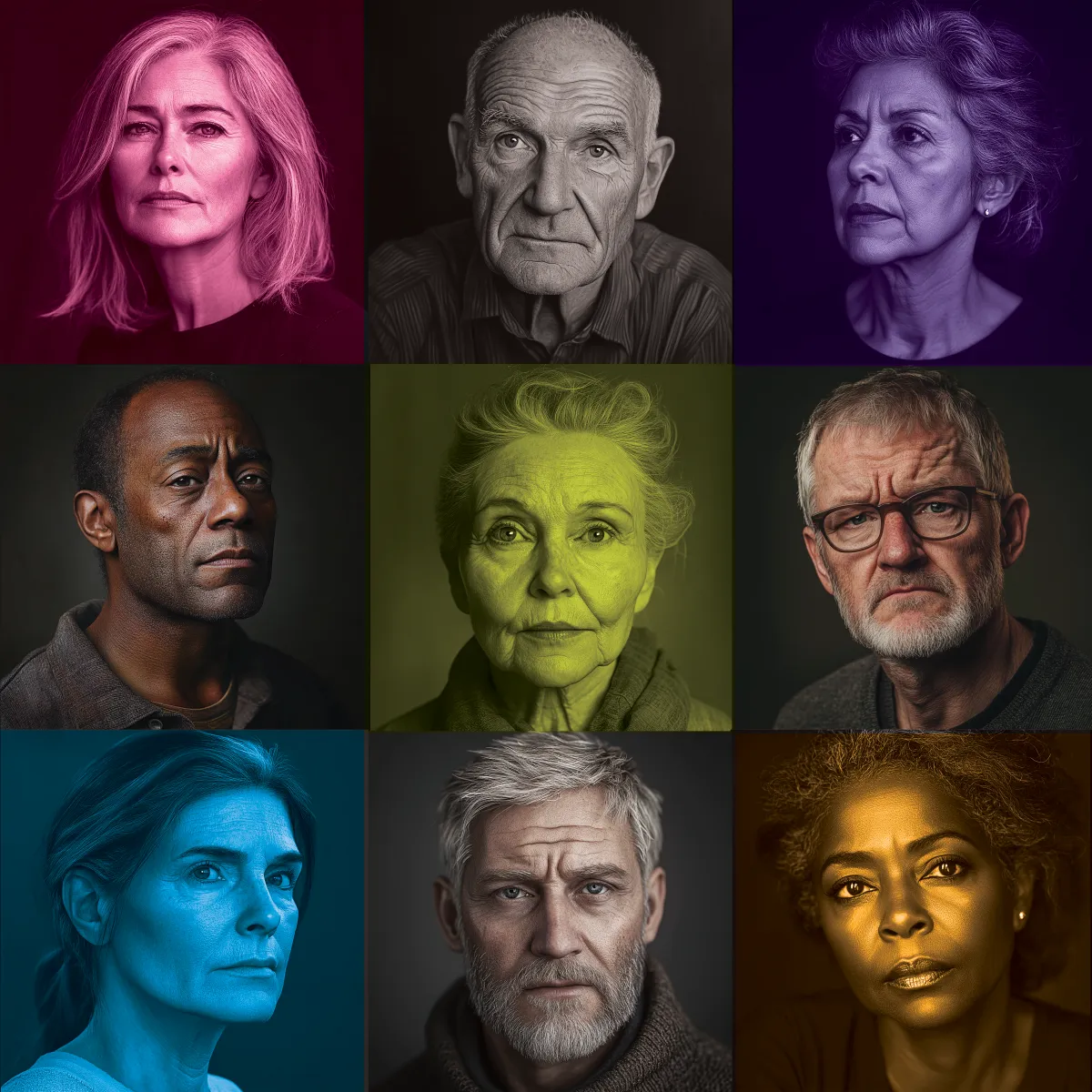
The approach
Your brain doesn't function in isolation - your emotions, physical health, and sensory experiences all directly affect your cognitive abilities. A Vision of U - Remember Me addresses all these aspects through a comprehensive 3 dimensional approach.
What people facing cognitive concerns want MOST:
83% - Earlier treatment and care (Our course provides immediate action)
76% - Time to plan for the future (We help you create that plan)
68% - Actions to preserve cognitive function (Every lesson gives you tools)
67% - Understanding what's happening (Knowledge = Power)
"A Vision of U - Remember Me" delivers exactly what research shows people need. ;-)

Emotional & psychological wellness
The psychological aspects of your cognitive loss RECOVERY include building emotional resilience, fostering understanding, cultivating motivation, developing effective strategies, transforming daily habits, and recognizing progress. These elements directly impact your brain function and create the foundation for lasting improvement.
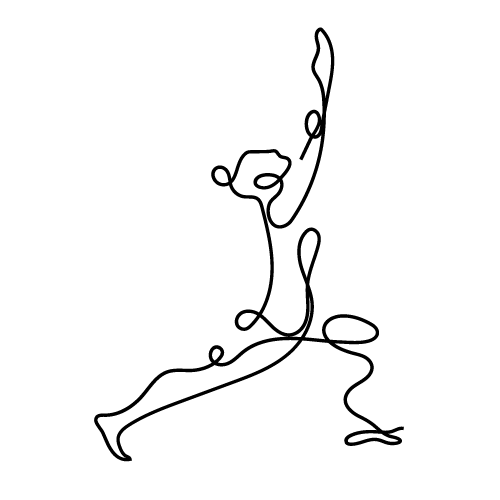
Your active mind & body practices
Specific mental and physical activities strengthen your neural connections and build cognitive reserve. These practices address various aspects of your cognitive function while helping to preserve the memories and abilities that matter most to you.

Your sensory engagement
Your 6 senses provide direct pathways to memory and cognitive function. By deliberately engaging each sense—intuition, sight, touch, taste, smell, and sound—you create stronger neural connections and more resilient memory pathways.
When these 3 dimensions work together, they create multiple avenues for cognitive loss RECOVERY. This integrated approach recognizes that your cognitive health is connected to every aspect of your human experience.
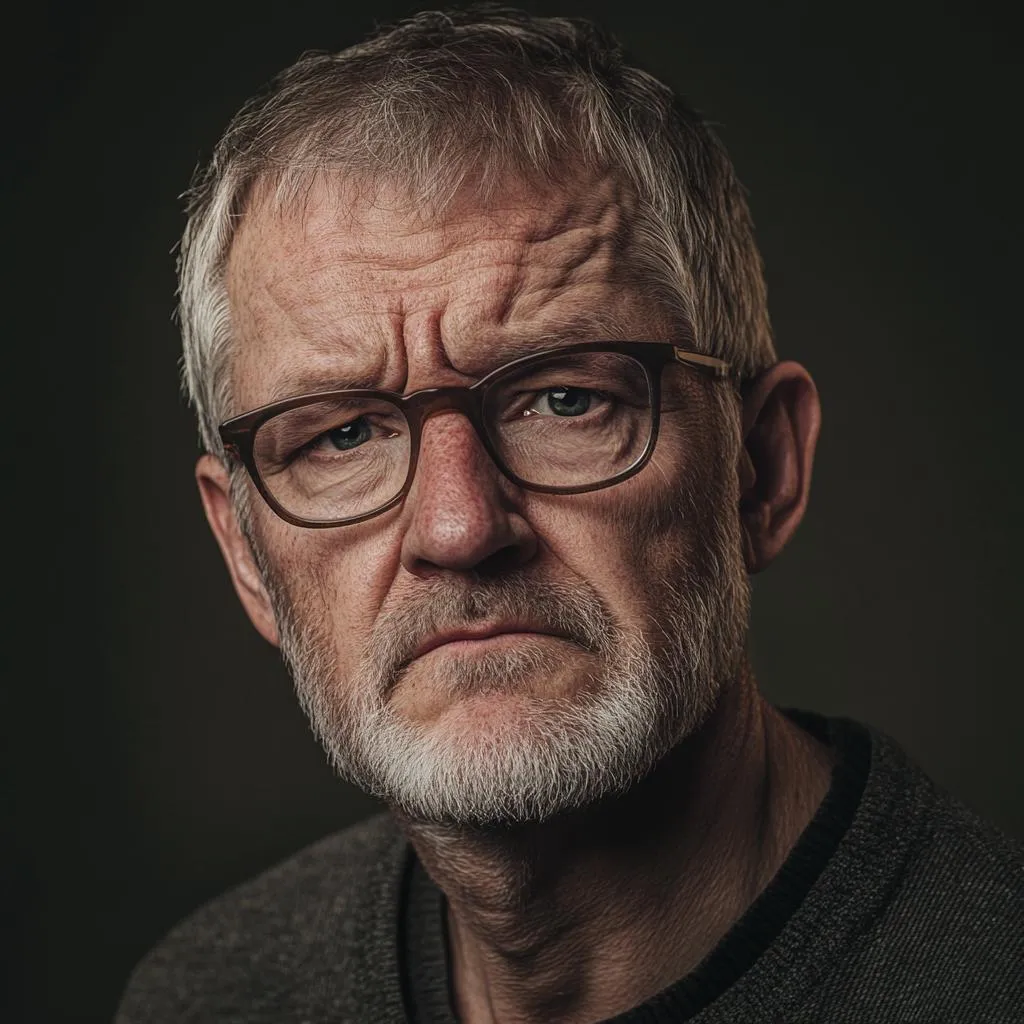
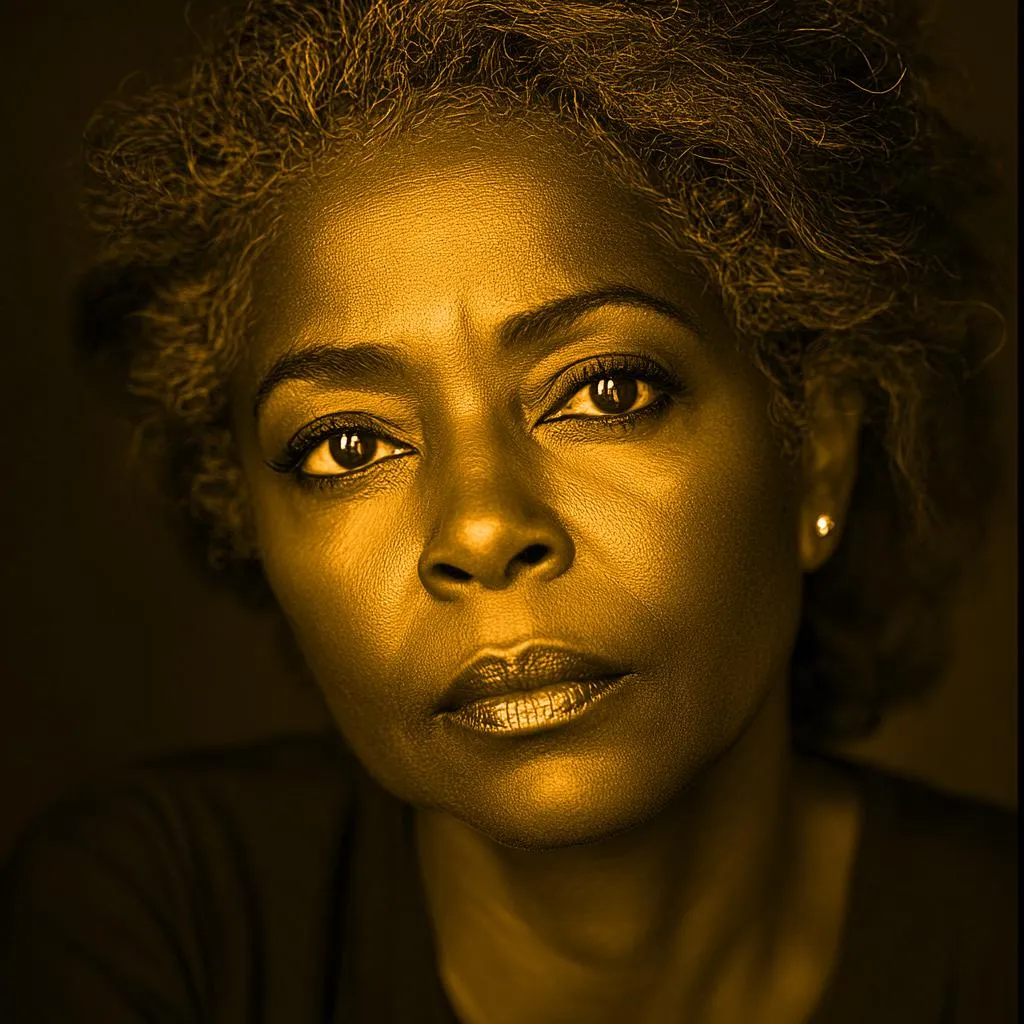




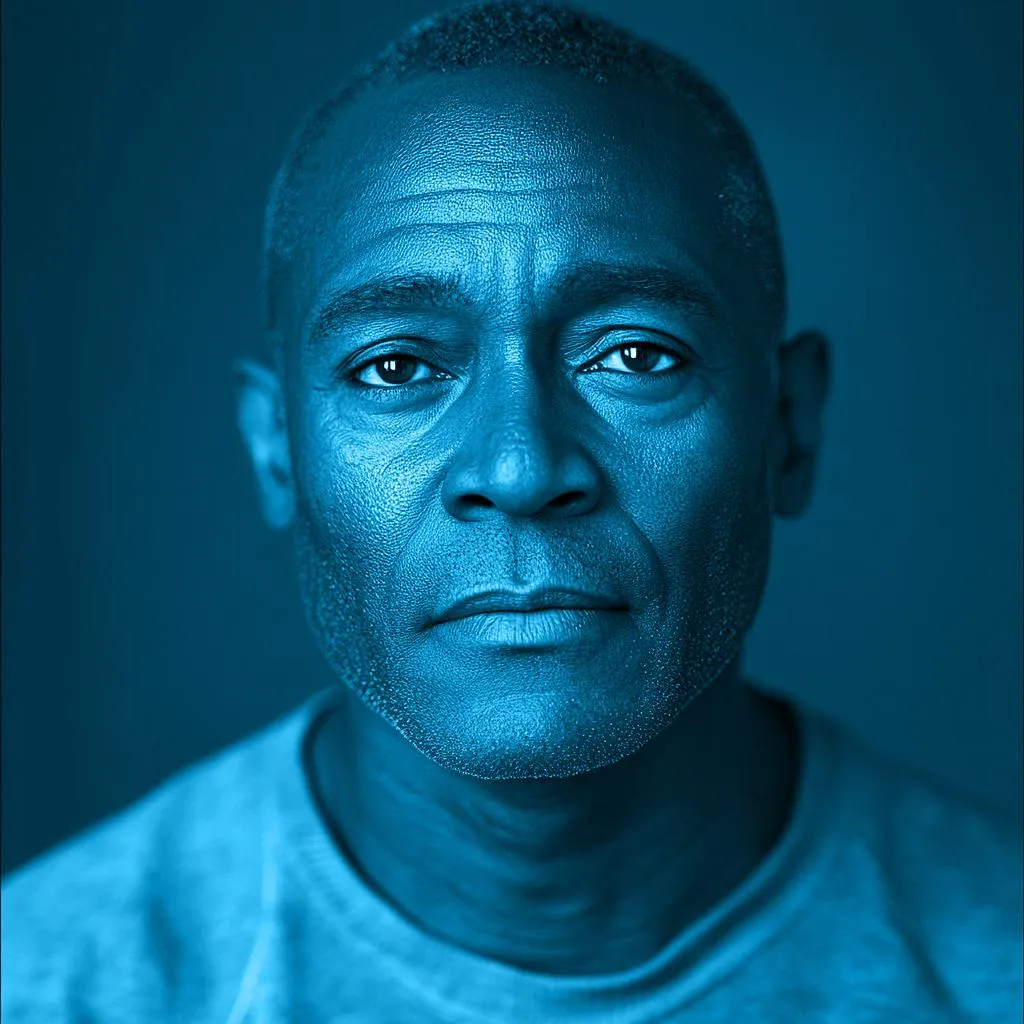
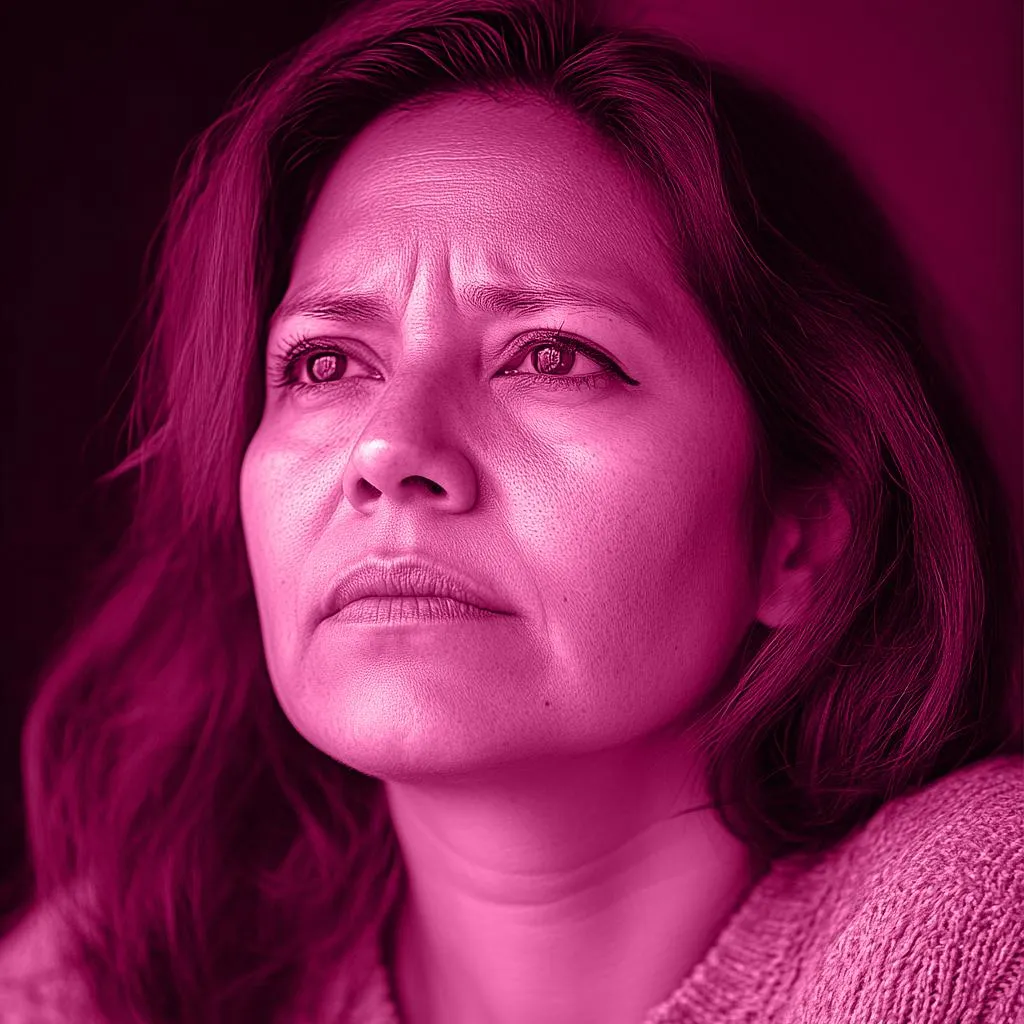
Your resources
At A Vision of U - Remember Me we offer several ways to support your path to RECOVERY
TRAINING & WORKSHOPS
Start your cognitive loss RECOVERY journey with my FREE 10-minute training, where you'll learn a powerful grounding technique that helped me break through the fear and panic. Experience firsthand how the 3-dimensional method begins with taking control of your emotional response to cognitive changes.
COGNITIVE LOSS RECOVERY COURSE
The six-module course "A Vision of U - Remember Me" guides you through each dimension of cognitive RECOVERY with practical tools for daily implementation. This self-paced program helps you build a personalized approach while creating a meaningful legacy.
1:1 COACHING
Coaching sessions with Sherri will offer individualized guidance tailored to your specific cognitive challenges and goals. If you're interested in being notified when coaching becomes available, please indicate your interest via our contact form.
EDUCATIONAL RESOURCES
Find free, accessible information about cognitive loss RECOVERY on our Facebook page, where Sherri regularly shares research updates, practical tips, and encouragement. These posts offer valuable insights to help you navigate cognitive challenges while staying informed about the latest developments.
Our goal is to provide valuable resources that support your cognitive wellness needs
while continuing to expand our offerings based on community feedback.
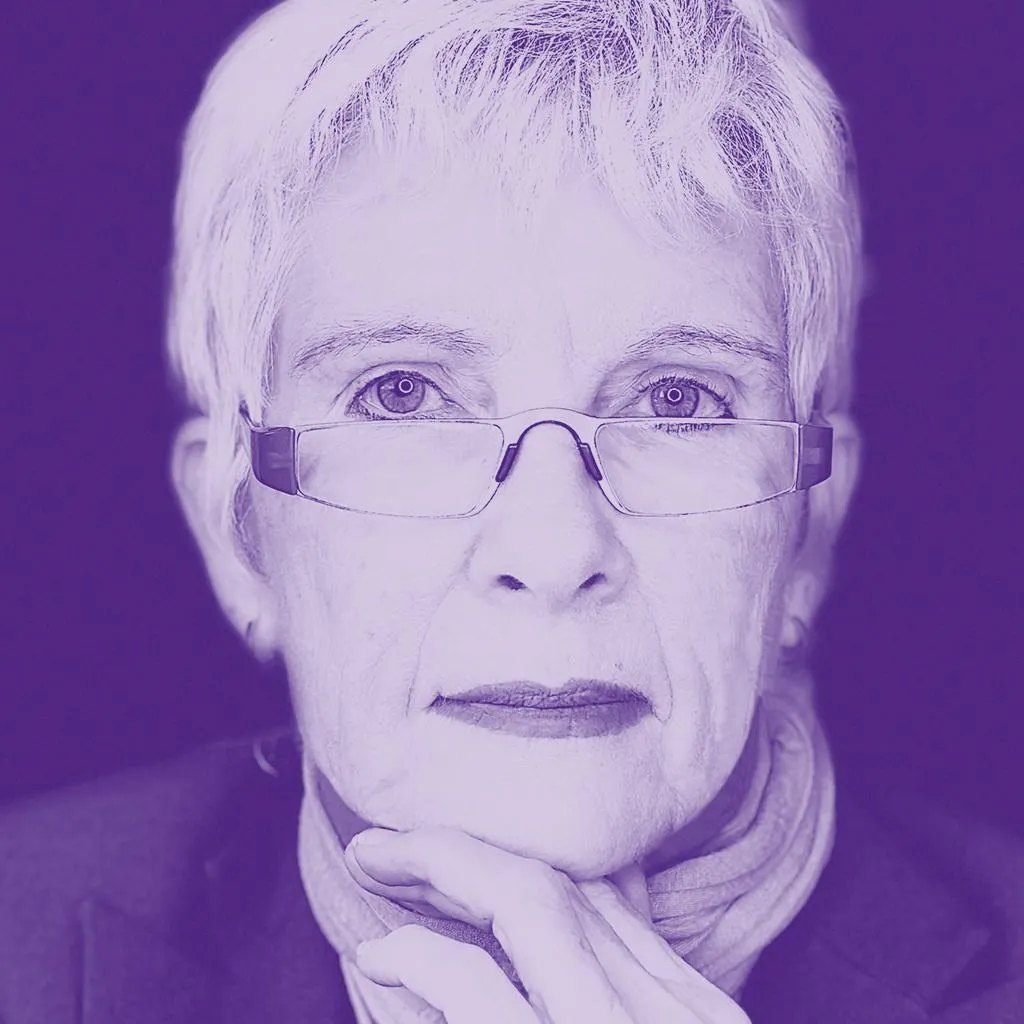
"Discovering and acknowledging the emotional and psychological needs, and the importance of the intuitive connection to your 6 senses in cognitive loss was essential. These elements became the foundation of the 3 dimensional approach, helping my own RECOVERY in ways I hadn't imagined possible."
I'm Sherri Nielsen
I help individuals concerned about memory loss take proactive steps toward prevention and improvement, minimizing fear and empowering confident action.
As the creator of "A Vision of U - Remember Me" I bring both personal experience & professional expertise to cognitive loss RECOVERY education.
Following my cognitive loss diagnosis, I immersed myself in finding solutions—conducting extensive research, attending webinars, studying from leading doctors, and ultimately spending a year in an Alzheimer's reversal program developed by a leading neuroscientist. This experience, combined with witnessing my mother's journey with Alzheimer's, gave me unique insights into both the emotional reality and practical challenges of cognitive changes.
What gives me hope - research indicates that 80% of people would proactively seek solutions rather than wait for their doctor to suggest action.* You're here because you're 1 of the 80% who wants to take control. Right? That makes you a fighter.
With over 30 years of experience as a teacher and trainer, I present complex information in accessible and engaging ways. My professional background in communication and design thinking informs my approach to cognitive wellness—creating clear, VISUAL frameworks that make abstract concepts tangible and actionable.
My mission is to transform how we approach cognitive loss, moving from a mindset of inevitable decline to one of active RECOVERY and meaningful quality of life.
*Alzheimer's Association. Alzheimers Special report 2025
American Perspectives on Early Detection of Alzheimer's Disease in the Era of Treatment
TAKE ACTION NOW
DON’T BE PART OF THE 92% WHO WAIT...
While others wait for the perfect treatment, you can start building cognitive resilience TODAY.
Research shows people want practical tools and immediate action - that’s exactly what this program delivers!
Join the 8% who refuse to wait. Take control of your cognitive health RIGHT NOW.
Contact Us
Have Questions? Contact me directly at [email protected]. We're happy to address your specific concerns and help you determine if "A Vision of U - Remember Me" is right for your situation.

This program is designed to complement medical care and is based on lifestyle interventions supported by current research. While 92% wait for pharmaceutical solutions, this course provides evidence-based tools you can use immediately. The information provided is not intended to diagnose, treat, cure or prevent any disease. Results may vary.
Privacy Policy | Terms & Conditions | © 2025 AVOU&Me LLC